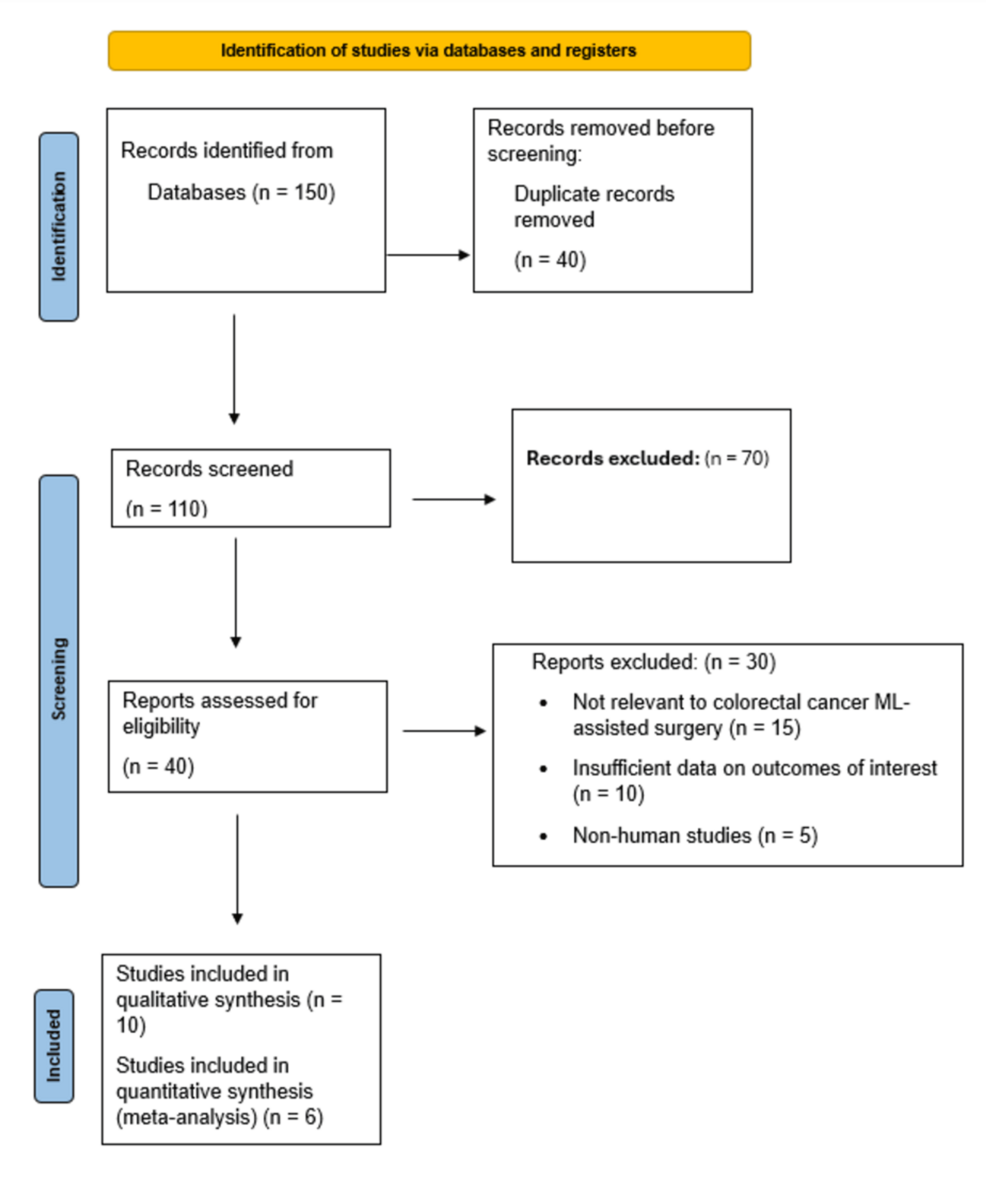The growing integration of artificial intelligence (AI) across various sectors highlights the urgent need for specialized expertise in medicine. Recently, discussions have intensified around the importance of AI in healthcare, underscoring the demand for professionals with backgrounds in diverse medical specialties. As AI technologies evolve, their applications are becoming increasingly sophisticated, raising the need for interdisciplinary collaboration among healthcare providers.
According to recent findings, the intersection of AI and healthcare spans a wide range of medical fields, including Allergy and Immunology, Cardiology, Oncology, Pediatrics, and many others. Each specialty requires unique knowledge not only of traditional medical practices but also of AI’s capabilities to enhance diagnostics, patient care, and treatment options.
Specialties Driving AI Innovations in Healthcare
AI’s potential is particularly pronounced in fields such as Radiology and Dermatology, where image analysis can significantly boost diagnostic accuracy. For instance, AI algorithms can analyze radiographic images to identify abnormalities that might be missed by the human eye. In Oncology, machine learning models are being developed to predict patient responses to treatments based on genetic data, thereby personalizing patient care.
Moreover, emerging areas like Integrative Medicine and Nutrition are also utilizing AI to provide comprehensive health solutions that address both physical and mental well-being. The integration of AI in these specialties not only enhances patient outcomes but also streamlines workflow processes, allowing healthcare professionals to focus more on patient interactions rather than administrative tasks.
The Need for Continuous Medical Education
As AI technologies continue to advance, the medical community recognizes a growing need for continuous education in AI applications. Medical professionals must stay abreast of not only AI innovations but also ethical considerations surrounding their use. For example, the implementation of AI must adhere to regulatory standards to ensure patient safety and data privacy.
Institutions are beginning to incorporate AI-focused modules into their curricula, preparing future healthcare professionals to harness the potential of AI in their respective fields. This educational shift is crucial to fostering a workforce capable of leveraging AI technologies effectively while addressing the ethical imperatives that accompany their use.
In conclusion, the integration of AI into healthcare is not merely a technological advancement but a fundamental shift that requires specialized knowledge across various medical specialties. As the healthcare landscape evolves, so too must the educational frameworks that equip professionals with the skills needed to navigate this new terrain. The collaboration between technology and healthcare promises not only to enhance patient care but also to foster a new generation of healthcare leaders who understand the complexities and potentials of AI.
See also Anthropic Announces $50B Data Center Expansion to Power Next-Gen AI Models
Anthropic Announces $50B Data Center Expansion to Power Next-Gen AI Models Cohere and OpenAI Face Major Legal Setbacks in Copyright Infringement Cases
Cohere and OpenAI Face Major Legal Setbacks in Copyright Infringement Cases Google Photos AI Edits Blocked in Texas and Illinois Due to Biometric Privacy Laws
Google Photos AI Edits Blocked in Texas and Illinois Due to Biometric Privacy Laws Web Summit Highlights ‘Agentic AI’ Risks as Experts Warn of Over-Caution in Europe
Web Summit Highlights ‘Agentic AI’ Risks as Experts Warn of Over-Caution in Europe






































































